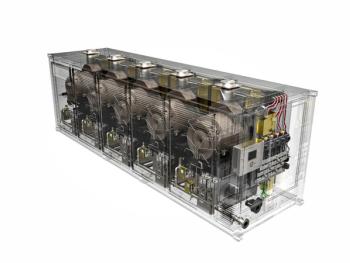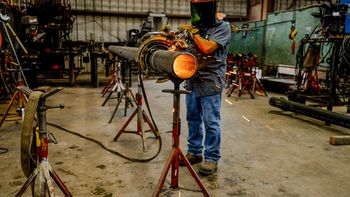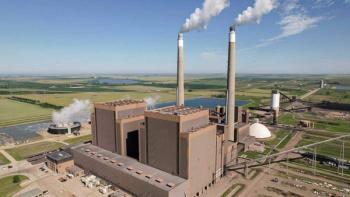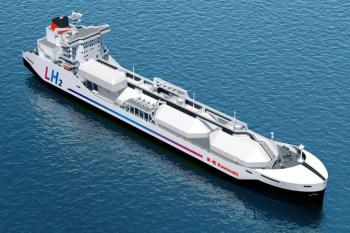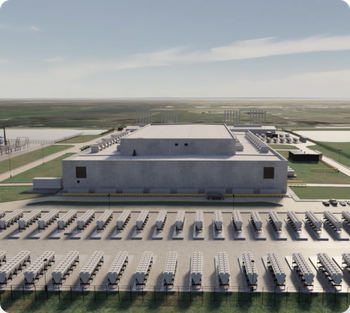
Element Fuels Completes Prep & Pre-Construction for Hydrogen Refinery, Power Plant
The Element complex, located in the Port of Brownsville, TX, recycles and produces low-carbon fuels and hydrogen from high-gravity shale oil.
Element Fuels Holdings (Element) completed the site preparation and pre-construction work for a new hydrogen-powered refinery and combined-cycle power plant at its complex in Texas. The facilities utilize technologies to produce and recycle hydrogen into high-octane fuels, such as gasoline and electricity for commercial and consumer consumption. The complex is expected to begin operations in 2027 and McDermott will conduct the front-end engineering design services, including offsites and utilities.
“Building on our successful collaboration during early project phases, we believe we are uniquely positioned to leverage our expertise and knowledge to further support Element Fuels throughout the next stages of this unique project,” said Rob Shaul, Senior Vice President, Low Carbon Solutions, McDermott. “We remain focused on the delivery of low carbon pathway projects and are committed to advancing the landscape of energy production.”
The refinery will process high-gravity domestic shale oil into low-carbon intensity fuels to materially reduce carbon emissions. It will also produce low-carbon hydrogen to supply approximately 100% of the refinery’s fuel requirements, further reducing CO2 emissions. Excess hydrogen will be used to generate utility-scale electricity at Element’s combined-cycle gas turbine power plant. More than 100 MW of the power plant’s spare electricity will be allocated to the Energy Reliability Council of Texas for surrounding communities.
“Element Fuels has received the necessary permitting to construct and operate a refinery capable of producing in excess of 160,000 barrels, or approximately 6.7 million gallons, per day of finished gasoline, diesel, and jet fuel,” said Founder and Co-CEO John Calce. “A permit for a greenfield refinery of this size, scope, and functionality has not been granted in the United States since the 1970’s. This speaks to the approaches we are taking to address climate and sustainability concerns in cleaner, greener ways that are new to the refinery space.”
Element is building the complex on more than 240 acres at the Port of Brownsville—a deepwater port in Texas that’s become a location for the movement of bulk petroleum and refined products, natural gas liquids, and additional specialized bulk liquid commodities.
“Element Fuels is not only ushering in the next generation of clean fuels, but we’re also proving that there is a way to produce higher quality, cleaner, higher-octane fuels that significantly advance the energy transition,” said Calce. “This can change everything for the industry, for consumers, and for the well-being of the planet.”
Newsletter
Power your knowledge with the latest in turbine technology, engineering advances, and energy solutions—subscribe to Turbomachinery International today.

